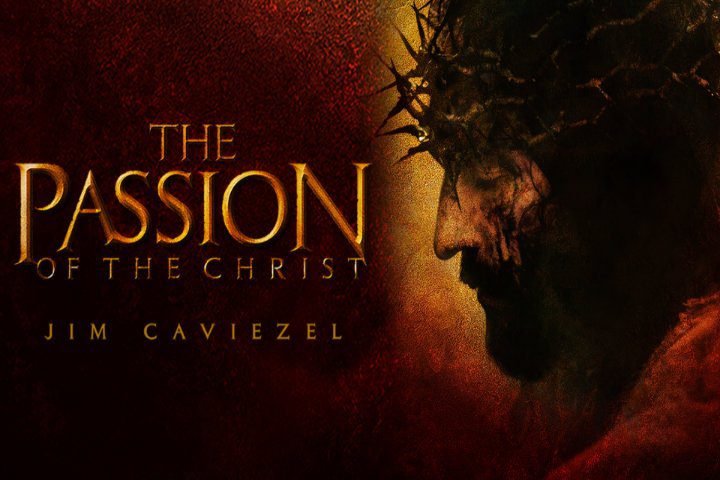PR in Film Industry
PR in film industry plays a crucial role in shaping the public perception of movies, actors, and filmmakers. Public Relations professionals work tirelessly behind the scenes to create buzz, manage crises, and build relationships with the media to ensure that films receive maximum exposure.
In an industry where image is everything, PR professionals are responsible for crafting compelling narratives around films and their key players. They organize press junkets, red carpet events, and interviews to generate excitement and positive publicity.
Moreover, PR in film industry extends beyond just promoting movies. It also involves managing controversies, handling negative press, and maintaining a positive public image for everyone involved in the production.
Successful PR campaigns can make or break a film’s success at the box office. By strategically leveraging media coverage and social media platforms, PR professionals help create a buzz that drives audiences to theaters.
Case Study: The Passion of The Christ
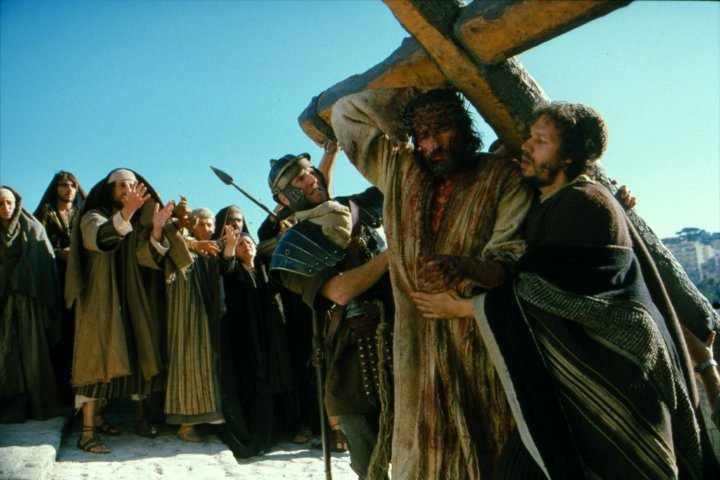
One notable case study that exemplifies the power of PR in the film industry is “The Passion of The Christ.
Released in 2004, “The Passion of The Christ” directed by Mel Gibson faced significant controversy and challenges due to its graphic depiction of Jesus Christ’s crucifixion. The story is about the last 12 hours in the life of Jesus Christ in Aramaic (believed to be the Jesus’ native language), Latin and Hebrew, the moment of Christ’s arrest, trial and crucifixion.
Despite facing criticism and skepticism from some groups, the film garnered immense attention through strategic PR tactics. The film was also a commercial success. According to the Wikipedia page of the movie with a budget of $30 million the film earned $612.1 million.
The PR team behind the movie leveraged controversy to spark interest and generate discussions around the film. They targeted specific audience segments, including religious communities and conservative groups, to build anticipation and drive word-of-mouth promotion.
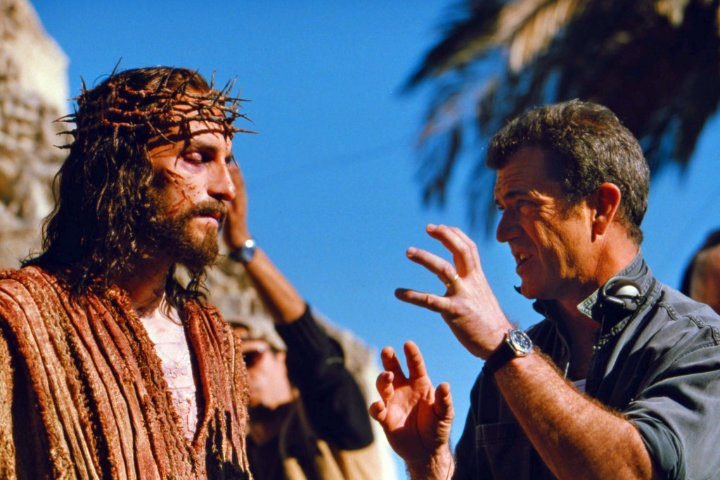
Gibson recognized that creating controversy was the key to building awareness of the film. He therefore invited prominent Christian and Jewish church leaders known for their political and social conservatism to watch the movie. An early version of the movie script was allegedly leaked to start an engaging conversation around the film.
Through carefully crafted press releases, interviews with key stakeholders, and targeted media placements, “The Passion of The Christ” managed to create a buzz that extended beyond traditional marketing efforts. The controversial nature of the film fueled curiosity and intrigue among audiences, leading to heightened anticipation for its release.
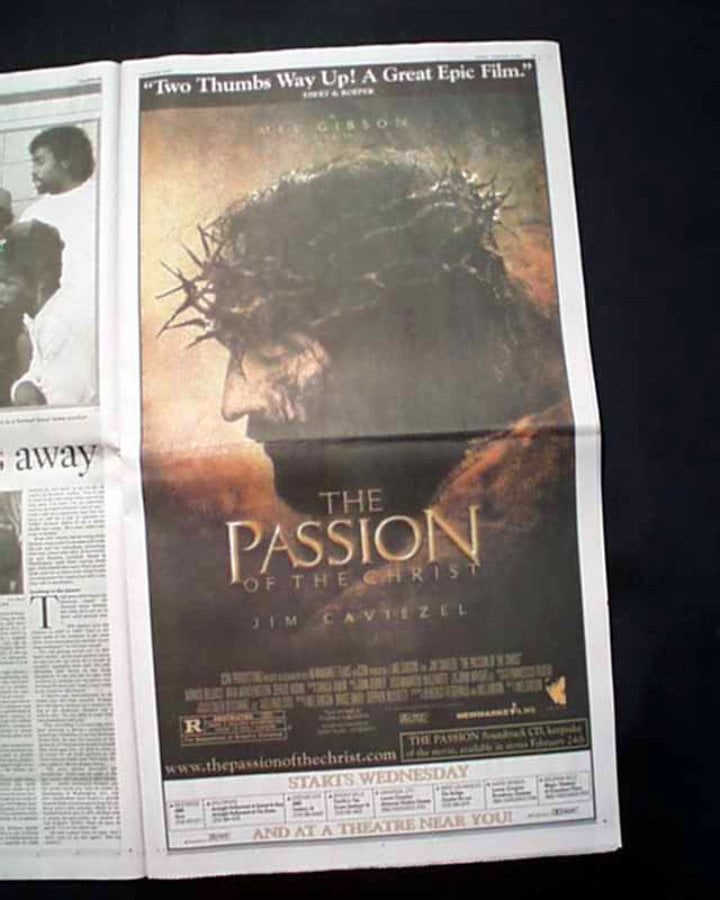
Additionally, strategic partnerships with influential religious leaders and organizations helped amplify the message of the film and reach wider audiences. Due to the unprecedented marketing effort, The Passion of the Christ has inspired everyday Christians and their religious leaders to sell the film and its message – both to other faithful and the nonreligious.
Excited with the fact that an Oscar-winning, Bible-believing director is using his own money to portray Jesus’ torture and crucifixion, these religious leaders believed in the film and considered it as an extension of their own work.
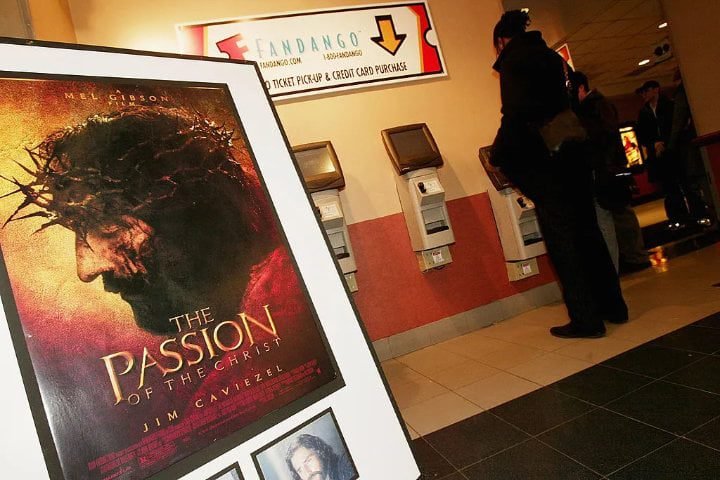
Managing Controversy for Success
When the movie was released, the reaction of Jewish community was negative as film blames the death of Jesus on the Jews as a group. In Israel, the film was not banned, however, it was never released in theatre.
Gibson, who is Roman Catholic, has repeatedly denied that his film maligns Jews. He argued that the movie is a reflection on Christ’s sacrifice for the sins of humanity. Many conservative Christians support him, viewing the criticism as an assault on the Bible and one of the central events of their religion.
To further increase the controversy surrounding his movie, Gibson claimed that the late Pope John Paul II had seen the movie at a private viewing and remarked to his good friend, Monsignor Stanislaw Dziwisz that: ‘It was as it was.’ Dziwisz later denied that this ever happened, but it was widely reported by CNN and other news organizations that the Pope had said those words.
Gibson also undertook a grass-roots marketing effort through free tickets and discounted ticket prices to local church groups. Christian retail stores stocked their shelves with film-related products such as licensed cross-nail pendants, crosses, coffee mugs, coffee table books and artwork.

